Mar 7, 1990-1990
Mongolia
Sukhbaatar Square Strike
Share
ACTIVISTS/ACT.GROUPS/DESCRIPTION OF THE GROUP
Mongolian Democratic Union
TARGET
Mongolian People’s Revolutionary Party (MPRP)
WIDELY HELD BELIEF
Single party system supported by a foreign government is repressive.
CASE NARRATIVE
Issue and opponent: The Mongolian Democratic Union (hereinafter: MDU) was formed in opposition to the Mongolian People’s Revolutionary Party (hereinafter: MPRP). The MPRP came to power in 1921 and quickly aligned itself with the Soviet Union. It was not until the MDU was created that people began to question the country’s constitutionally sanctioned single-party government.
Dilemma Action: Protests were growing around Mongolia, and the ruling MPRP party was reluctant to have violent repression of protesters. Following the Tiananmen Square massacre, the Mongolian Politburo did not want the visual of a violent crackdown on protesters. On March 7, 1990, ten members of the MDU dressed in outlawed traditional clothing and began a hunger strike. The members sat in Sukhbaatar Square, however, the movement expanded beyond. To show their support for the activist, students stopped doing schoolwork, people marched in the square, and Buddhist monks stopped to express their support. Even towns outside of Mongolia held short strikes in concurrence with the movement. Hunger strikes were not used in Mongolia until this campaign, and the use of traditional clothing moved a national symbol. The Politburo tried to negotiate with protesters, however, the activist would not stop their hunger strike until their demands were met. On March 9th, the entire Mongolian Politburo stepped down and announced their resignation. This allowed MPRP to submit more governmental reforms and leaders. Protesters were not content with this outcome, so they held a second hunger strike. In April, in conjunction with the hunger strike, more than 40,000 people attended rallies in support of the MDU.
Outcome: The campaign was successful, as it weakened the support of the MPRP and eventually led to the party’s downfall. On May 10, 1990, the Mongolian Parliament announced that a free, multi-party election would take place in July. The election allowed ¾ of Communists to hold on to their seats, but many hardliners lost their seats. Then, by 1996, the MPRP and the Communist Party lost their long hold of the majority seats in government. The larger campaign was to reduce the power of the MPRP and have free and fair elections across Mongolia.
PRIMARY STRUGGLE/GOAL
NONVIOLENT TACTICS USED
DA TACTICS USED
Hunger strike
CASE NARRATIVE WRITER
SUCCESS METRICS
10 / 12
(CONC) Concessions were made
(EREP) Dilemma action got replicated by other movements
(MC) Media Coverage
(MSYMP) Media coverage was sympathetic to the activists
(OR) Opponent response
(PS) Dilemma action built sympathy with the public
(PUN) Punishment favored the activists
(REFR) Dilemma action reframed the narrative of the opponent
(RF) Dilemma action reduced fear and/or apathy among the activists
(SA) Dilemma action appealed to a broad segment of the public
PART OF A LARGER CAMPAIGN
3 / 3
Activist group continued working together after the action
Encouraged more participants to join the movement
Internally replicated by the same movement
RESOURCES
Project documentation
Dilemma Actions Coding Guidebook
Case study documentation
Dilemma_Actions_Analysis_Dataset
SOURCES
Goldberg, Jasper & Rennebohm, Max. 2011. “Mongolians win multi-party democracy, 1989-1990,” Global Nonviolent Action Database. Retrieved July 21, 2023. (https://nvdatabase.swarthmore.edu/content/mongolians-win-multi-party-democracy-1989-1990).
Fish, M.S.S. 1998. “Mongolia: Democracy Without Prerequisites,” Journal of Democracy. Retrieced july 21, 2023. (doi:10.1353/jod.1998.0044).
Kristoff, Nicholas. 1923. “REFORM MOVEMENT GROWS IN MONGOLIA: PRESIDENT SAYS COMMUNISTS WILL CONVENE TO CONSIDER CHANGES IN POLITBURO,” The New York Times. Retrieved July 21, 2023. (https://www.nytimes.com/1990/03/11/world/reform-movement-grows-in-mongolia.html).
https://www-jstor-org.ezproxy.library.tufts.edu/stable/20081489?seq=18#metadata_info_tab_contents. Accessed April 15, 2022.
The New York Times. 1990. “Evolution in Europe; Hundreds Rally in Mongolia as their leader tours China,” Retreived July 21, 2023. (https://www.nytimes.com/1990/05/07/world/evolution-in-europe-hundreds-rally-in-mongolia-as-their-leader-tours-china.html).
Related cases
Jan 10, 2007-2007
Guinea
President of Guinea Lansana Conté had seized power in 1984 through a coup. He was subsequently elected as President for three election cycles. The average price of liv...
/
Oct 1, 1997-1999
United States of America
University students across the country began pressuring their university’s administration after discovering they did not implement or enforce any labor codes wit...
/
Jun 1, 2020-2020
Belarus
President Alexander Lukashenko has ruled Belarus for 26 years by using several tricks and tactics to remain in power. The arrests of several opposition candidates have...
/
Subscribe to our newsletters to get full access to all materials on our website.

